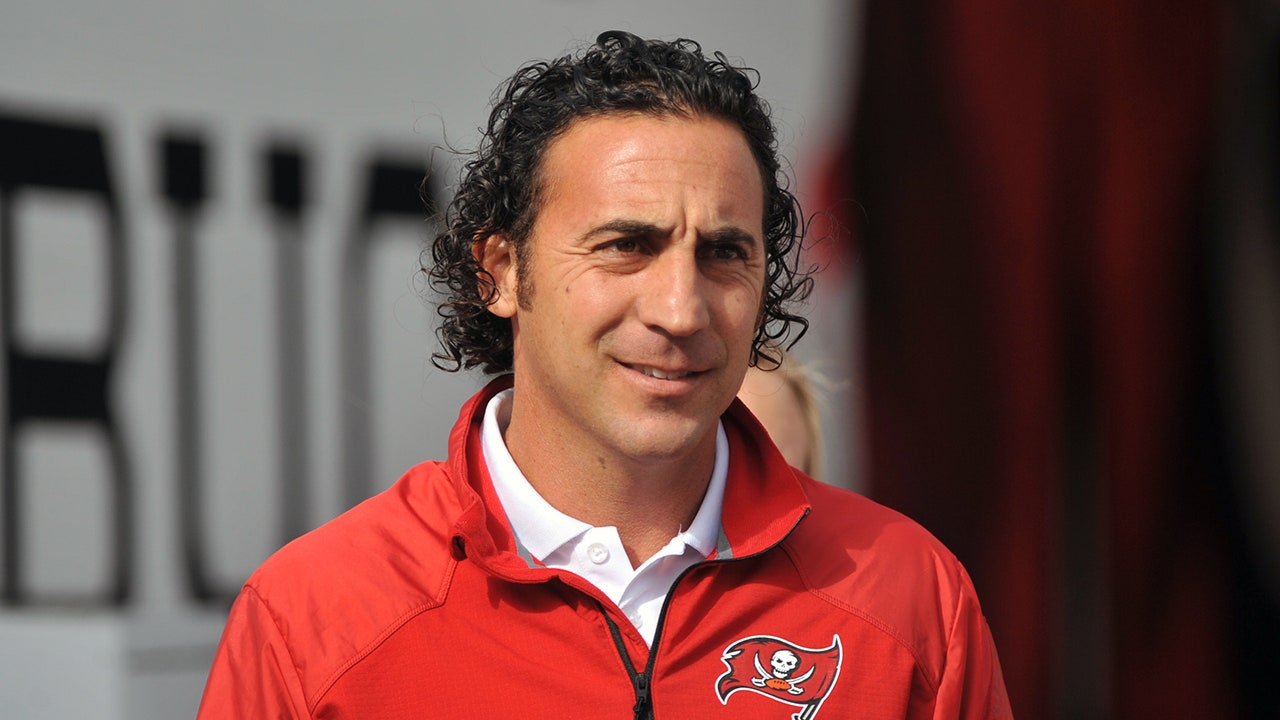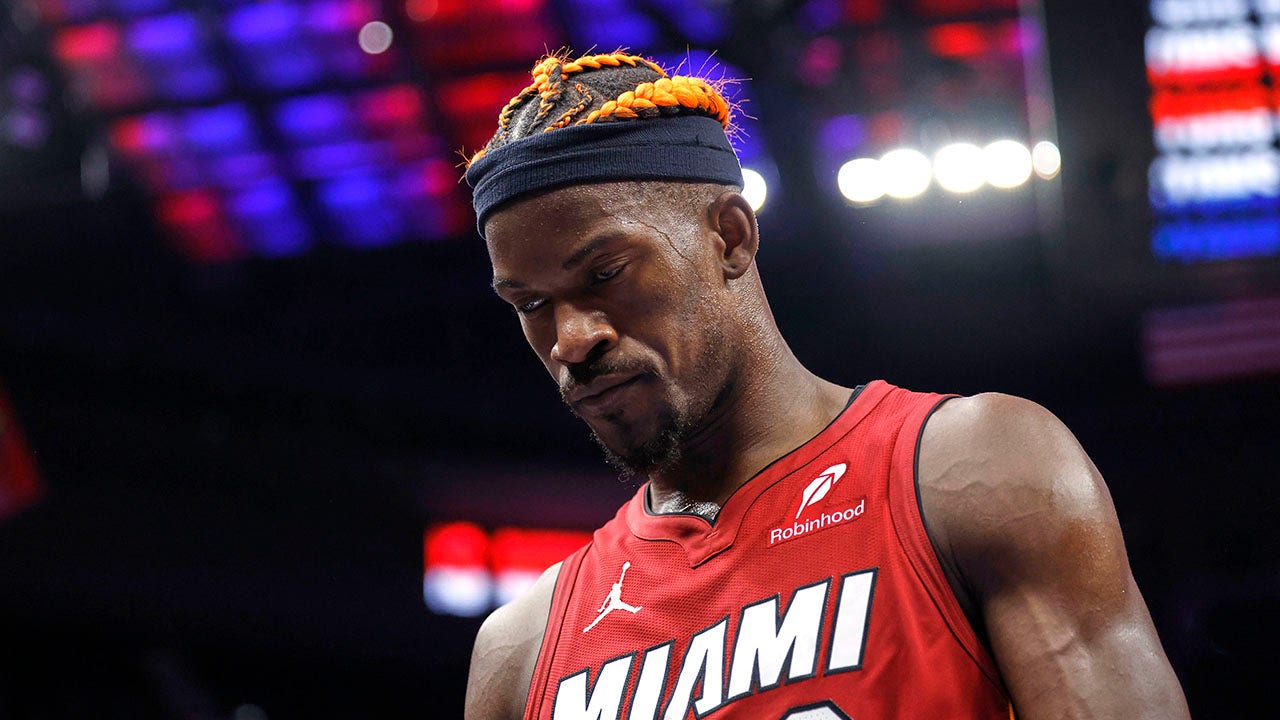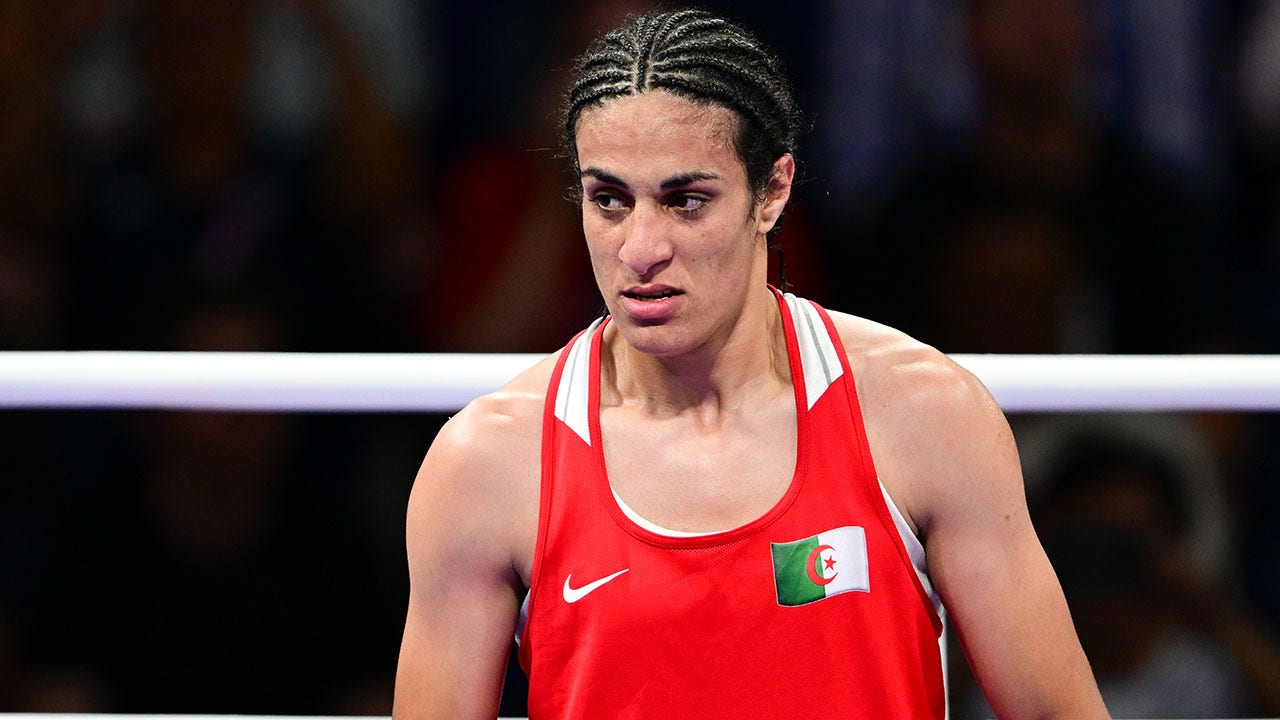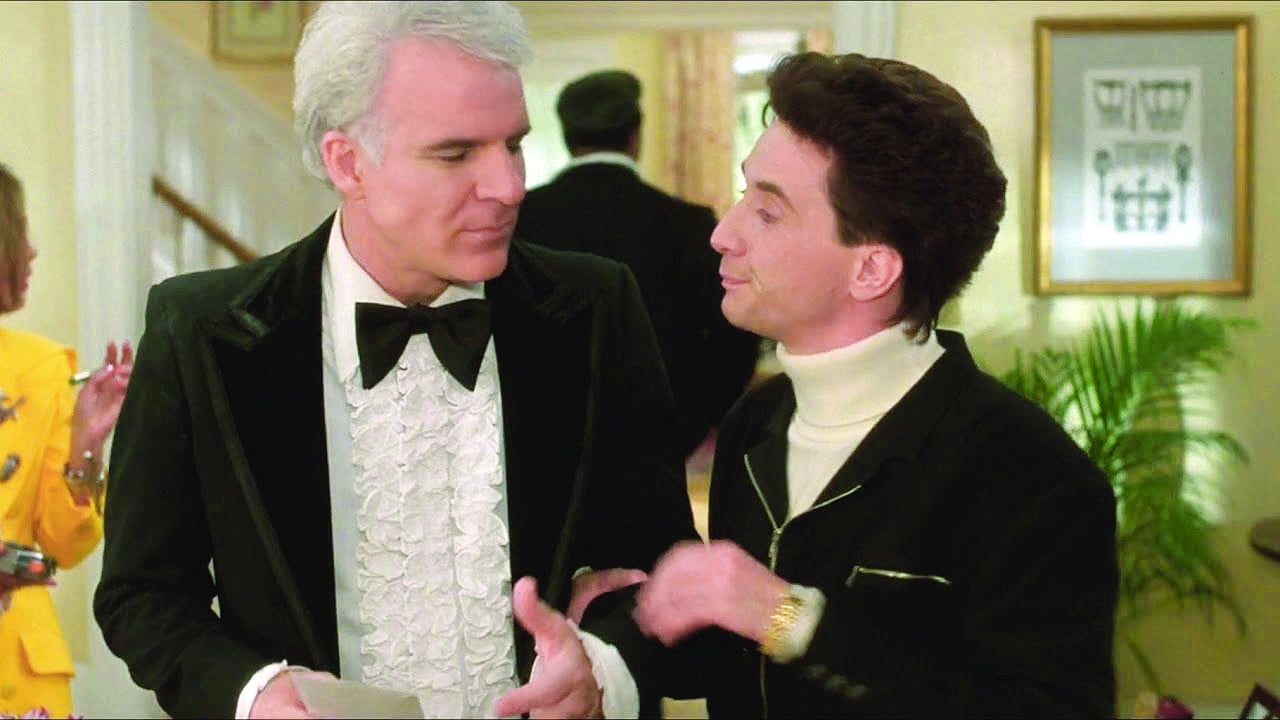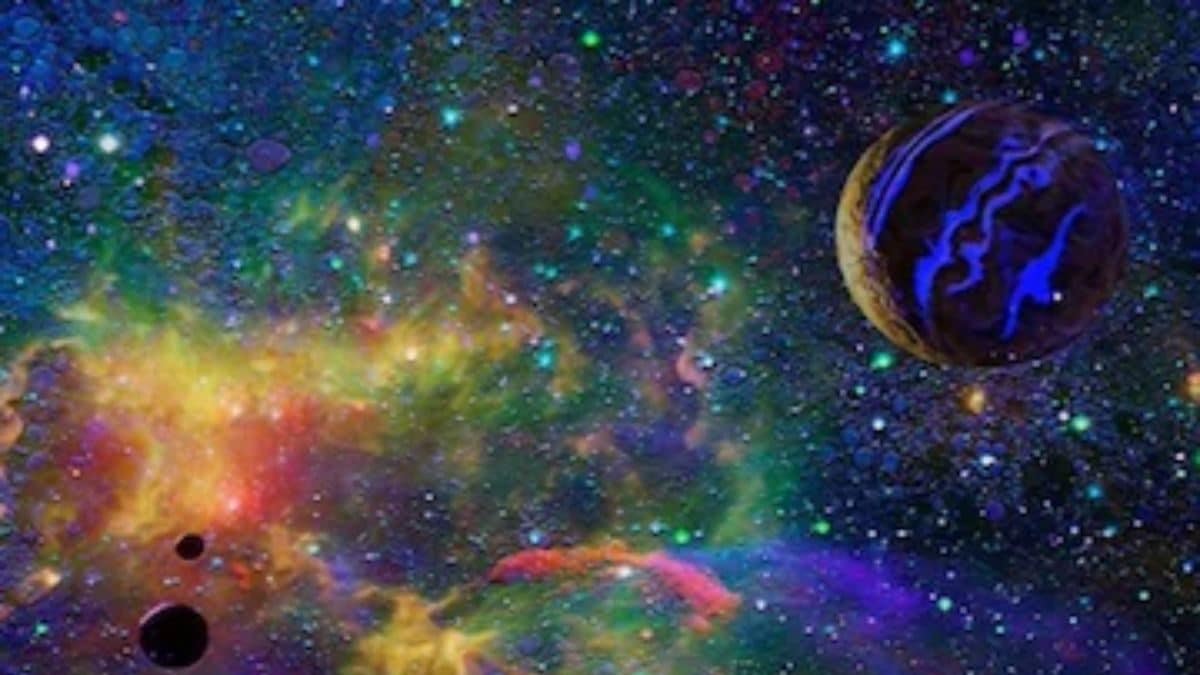Among those decisions: genre-blind duets that vary from cute (Miley Cyrus) to cringe (Post Malone); emcee cameos from country heroes we know (Dolly Parton, Willie Nelson) and others we should (Linda Martell); low-hanging interpolations (Patsy Cline’s “I Fall to Pieces,” the Beach Boys’ “Good Vibrations”); lower-hanging tribute covers (the Beatles’ “Blackbird,” Parton’s “Jolene”) — all of which seem to communicate the very same message that the record industry keeps beaming into our living rooms every Grammy night: A reverence for the music of the past will magically unify us, illuminating our shared path into the future.
That’s a nice bedtime story, but did everybody forget that Beyoncé has been doing this work all along? Did Beyoncé? As a member of Destiny’s Child, her biggest hits had crunky thump, acoustic guitar twinkle, girl-group shoobie-doo, marching band cannonade and gobs more. She’s always known how to stitch disparate musical ideas together. Why spell it out now? In one song-bridging interlude on “Cowboy Carter,” an old radio dial spins through thickets of static, stopping on the music of Son House, Sister Rosetta Tharpe, Chuck Berry, Roy Hamilton. It’s a noble shout-out in principle, but the method feels so basic and hand-holdy, the kind of device you might see in a music documentary that presumes you’re an idiot.
Why is all this happening in the first place? The creative spore of “Cowboy Carter” announces itself on the first track, “Ameriican Requiem,” in which Beyoncé alludes to her frosty reception at the 2016 CMA Awards, where she sang “Daddy Lessons” — a twangy dabble about patrilineal angst from her masterstroke album, “Lemonade” — alongside the Chicks. “Used to say I spoke too country, then the rejection came,” Beyoncé sings nearly eight years later. “Said I wasn’t country enough. Said I wouldn’t saddle up, but if that ain’t country, tell me what is.” Having firmly established her album’s animating something-to-prove-ness, she waits until the penultimate track to rap, “AOTY, I ain’t win,” referring to her perennial snubbings for the most coveted of Grammys. Let’s be totally clear, here: Beyoncé is a generational voice who has deserved much better at various awards shows that continue to fail to recognize the importance of Black music. But immortalizing your Grammy grievances in song? That’s something Drake does.
Her sour grapes make “Cowboy Carter” feel zeitgeisty in the saddest possible way. We’re living in highly aggrieved times, an era in which Americans who populate the highest tax brackets continue to manufacture new ways to feel like they’ve been cheated out of something. In popland, I suppose Beyoncé has more of a right to feel this way than, say, Taylor Swift, but it should still feel pretty gross to the rest of us.
Like during “Ya Ya,” when Beyoncé turns her attention directly toward that aforementioned rest of us. She’s playing another heavy-heeled game of genre hopscotch, opening the song with the plunging bass line from Nancy Sinatra’s “These Boots Are Made for Walkin’” before mutating everything into a Sly Stone-ish romp. Then, a question for all you hard-working Americans out there: “Are you tired working time-and-a-half for half the pay? I just pray that we don’t crash, keep my Bible on the dash, we gotta keep the faith.” So thoughts and prayers? That’s a multimillionaire’s solution to income inequality? Before your palm can reach your forehead, she starts singing a Beach Boys line about “picking up good vibrations.” The whole thing should sting your brain with the cumulative sadism of a middle school talent show, a GOP campaign event and a Rock & Roll Hall of Fame induction ceremony.
Maybe this is Beyoncé’s gift for precision backfiring on her. Instead of getting her ideas to blend on this album, it’s like she’s lining up the ingredients on the countertop and calling it a cake. Is it possible to do your greatest singing on your worst album? She sounds absolutely scrupulous throughout these 27 songs, multitracking her voice to sound like En Vogue, the Dixie Hummingbirds, every iteration of Freddie Mercury and a choir of cherubs, sometimes all together, all at once. (On “Blackbiird” — the letter “i” makes extraneous appearances in her song titles because “Cowboy Carter” is “act II” of Beyoncé’s “Renaissance” album trilogy — she’s joined by some similarly angelic voices: young Black country singers Tanner Adell, Tiera Kennedy, Reyna Roberts and Brittney Spencer.)
Ultimately, Beyoncé’s exactitude demands exact feelings, which might explain the zero-sum mania that continues to surround her. It sure makes the highlights on this botched album feel all the more disorienting. Some of the most auspicious singing of her career takes shape in the shrieky ad-libs of “Ameriican Requiem,” evoking ancient doors of possibility finally squeaking open. By the time she reaches the one-two punch of “Desert Eagle” and “Riiverdance,” she sounds like she’s doing Wild West bedroom cosplay in outer space, making it clear that she hasn’t completely relinquished her image as a futurist.
Instead, it’s her activist image she’s sending off into the sunset. Because forget the CMAs, remember back in 2016 amid the rise of the Black Lives Matter movement when she marched onto that football field during the Super Bowl halftime show dressed like a member of the Black Panthers? Now she’s riding a white horse on her album cover, threatening to “John Wayne” her enemies. (Beyoncé has bad luck turning people’s names into verbs, dating back to the unfortunate Monica Lewinsky line on “Partition.”) One reason her music felt so righteous, so courageous back then seems clear now. When centrist pop stars take political positions, they lose more fans than they gain. Prioritizing your beliefs is a risk.
Is “Cowboy Carter” an attempt to win back lost customers? Or another question: “Can we stand for something?” That’s what Beyoncé asks near the outset of this album, but she never makes that “something” clear. Maybe it’s freedom. Freedom for an artist to follow their muse. To reinvent themselves. To set an example of that freedom for others to follow. And if so, that’s nice, but whoop-dee-doo. Any artist on God’s green earth has the power to do what they want. That’s what being an artist means. We measure them by what they choose to do. Beyoncé has chosen to do Dolly Parton karaoke and elevate the public profile of Post Malone.
This is an album that posits its lack of ideas as big ideas. Only in its final seconds, when Beyoncé sings about how “old ideas are buried here,” does “Cowboy Carter” start to feel less like an extravagant awards telecast, and more like a clear-eyed comment on the state of the nation — a grand, sprawling, overcrowded place with nowhere else to go.











